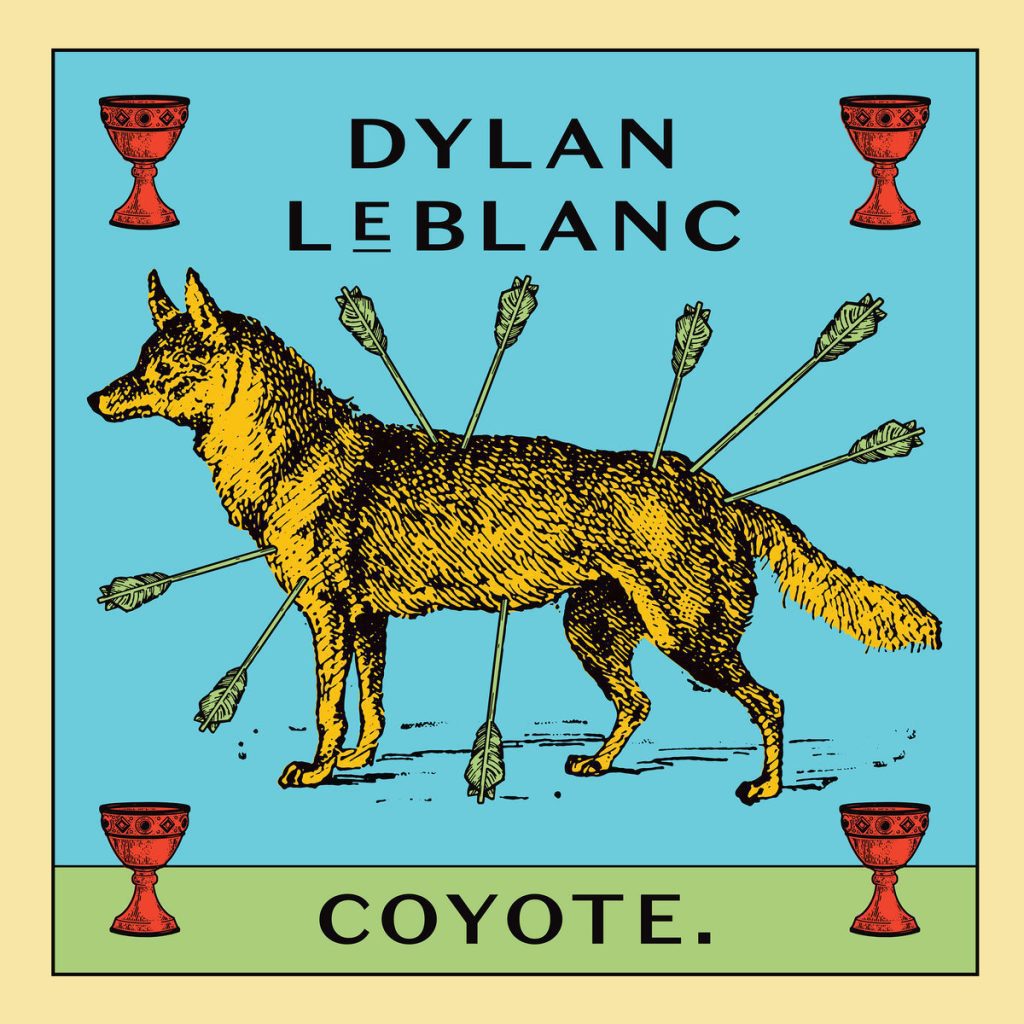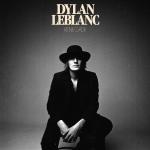ALBUM REVIEW: On ‘Coyote,’ Dylan LeBlanc Sends Voice and Lyrics Into New Frontiers

On his fifth album, Coyote, Dylan LeBlanc continues to mine and integrate rock, blues, folk, and country templates. His voice, per usual, is compelling. His lyrics are evocative, inspired by Southern lit as much as the tones and textures of gothic Americana. The result is an oftentimes riveting set, the listener transported to a smoky realm where a sure thing is illusion and safety is near impossible to come by.
The title cut is built around a 12-bar blues structure and ornamented by shimmery guitars. Carried by LeBlanc’s soaring vocal, the song captures the danger-filled life of its central antagonist (“I ain’t the kind that grows old”). “Closin’ In” revolves around chorus-washed chords and a subtle use of reverb. Lyrically the track employs fatalistic phrases (“I was born to lose you in the end”) and declarations (“Can’t stop the walls from closing in”) to stir a sense of dislocation and impending crisis.
“Dark Waters” depicts someone who is on the run and has reached a psychological crossroads. “If I knew the holy father / would I be his bastard child?” LeBlanc muses, sounding like a cross between Johnny Cash and a Cormac McCarthy character. LeBlanc’s ghostly vocal conveys an atmosphere of forsakenness, the piece unfurling as a possible reinterpretation of or elaboration on the biblical Cain story. With “Dust,” LeBlanc’s vocal conjures loneliness and disconnection, pointing to the unavoidable truth of impermanence.
“All I’ve ever known was friction,” LeBlanc offers on “Hate,” portraying a person driven by feelings of inferiority and resentful impulses. “Wicked Kind,” with its hypnotic melody and crystalline vocals, similarly depicts a marginal figure infected by bitterness (“the man in the mirror leaves me terrified”). “The Human Kind,” meanwhile, shows LeBlanc adopting a muted and baritone-leaning delivery. “Nobody ever says enough is enough / all you ever hear is more,” he moans, alluding to the pervasive craving and consumerism that characterize our age.
If Coyote reveals LeBlanc evolving as a writer, it would be in his honed ability to apply suggestiveness over overtness, as best illustrated via the album’s closer, “The Outside,” where violence is implied rather than unambiguously invoked (“blue lights on the sunset strip / one hand on his steel vaquero”). LeBlanc has always been a talented singer and interpreter of heritage soundscapes; his songcraft is now undergoing what might be called deep refinement. He’s on the verge, perhaps, of self-actualization.
Dylan LeBlanc’s Coyote is out Oct. 20 on ATO Records.





